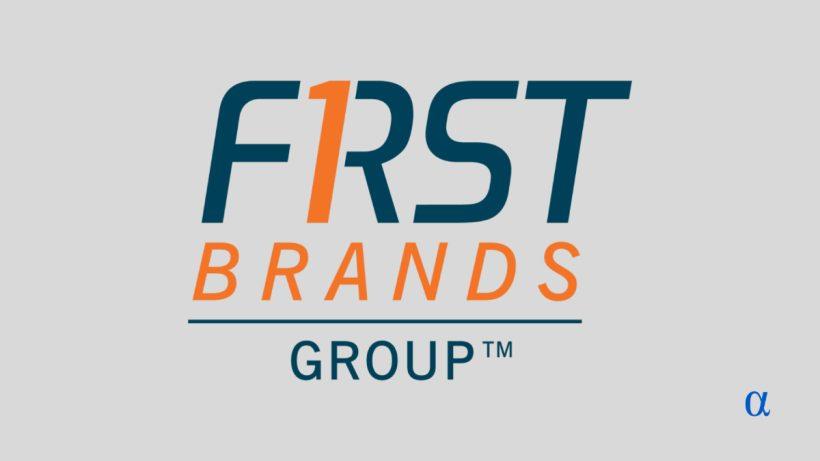
ACC Board Changes First Brands Group Examined From A Private Credit Perspective
AIMA's private credit affiliate, the Alternative Credit Council, has published a paper examining the First Brands Group bankruptcy, what it tells us about risk in credit markets more broadly, and other lessons for investors. The key findings of this paper are that:
-
First Brands Group (FBG) obtained finance from multiple segments of the credit markets. The majority of its on-balance sheet debt was originated by banks or distributed to investors via the broadly syndicated market. The off-balance sheet obligations have received the most attention due to their scale and opacity, and include non-bank lenders as well. The bankruptcy will be scrutinised for the level of oversight in lending and due diligence by all lenders.
The majority of FBG-reported debt is not private credit. Private credit transactions typically involve investors originating and structuring the loan themselves rather than via a bank intermediary and holding this debt to maturity. This differentiates private credit from bank-originated debt or other credit markets.
FBG also illustrates important differences within private credit markets. The private credit exposure to FBG includes a mix of loans directly originated by lenders and exposure which seems to be primarily obtained through supply chain finance and fintech lending platforms.
FBG was always a high-risk credit. It was in a cyclical industry and very acquisitive, its debt was very exposed to higher interest rates in 2024, and more recently, it incurred higher costs due to US tariffs in the auto parts sector. All three major rating agencies rated the company single B a year before default.
FBG sheds light on the risks that supply chain financing and factoring can pose. The company's court filings revealed significant off-balance sheet factoring and supply chain financing. These transactions are analogous to short-term borrowing insofar as their non-renewal can weaken near-term liquidity for a company and exacerbate any liquidity stress already existing.
The European Commission has today published its proposal to revise the Sustainable Finance Disclosure Regulation (SFDR), marking the most significant shift in the regime since its launch.
AIMA responded to the Commission's consultations that fed into this proposal, and we'll continue engaging as the file moves through the legislative process.
Reacting to the draft text, Jack Inglis, CEO of AIMA - the world's largest alternative investment trade body - said:

Legal Disclaimer:
MENAFN provides the
information “as is” without warranty of any kind. We do not accept
any responsibility or liability for the accuracy, content, images,
videos, licenses, completeness, legality, or reliability of the information
contained in this article. If you have any complaints or copyright
issues related to this article, kindly contact the provider above.

















Comments
No comment